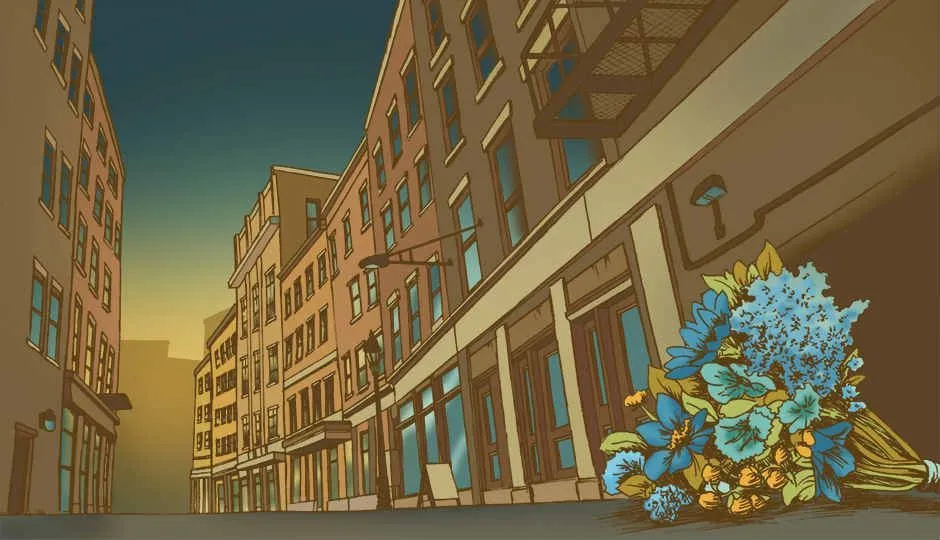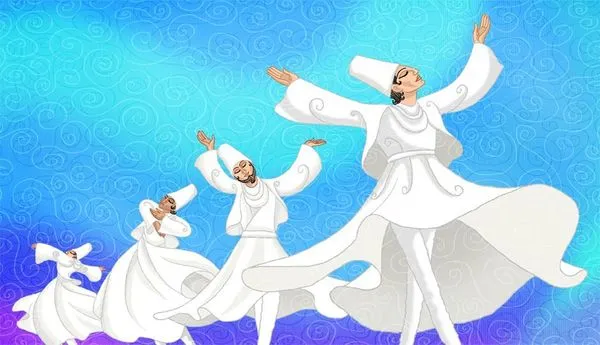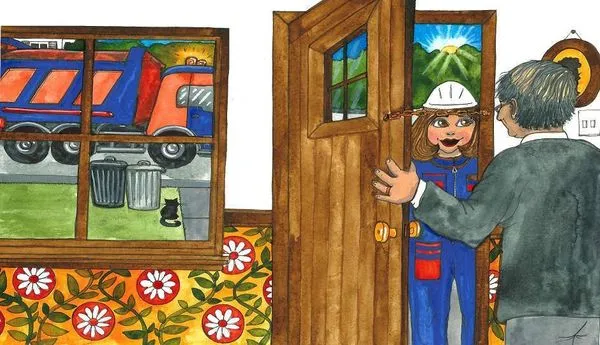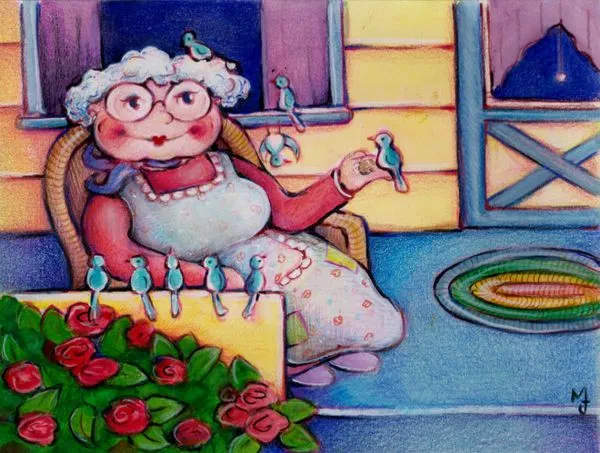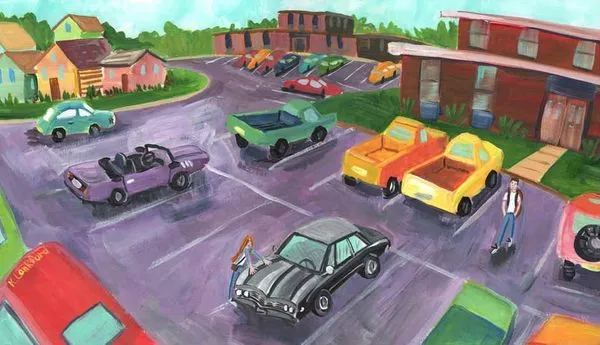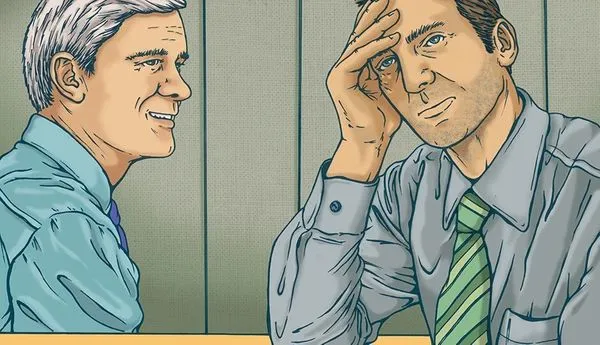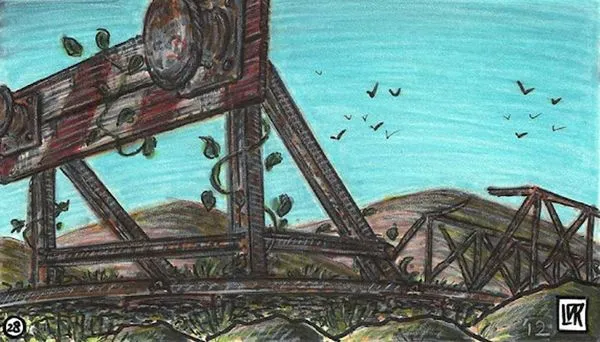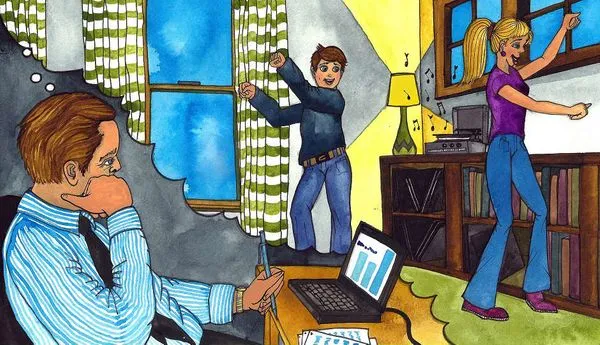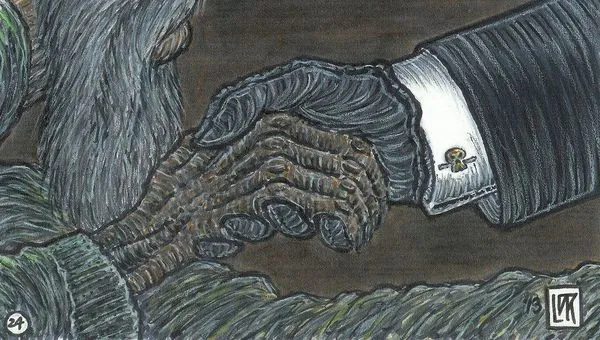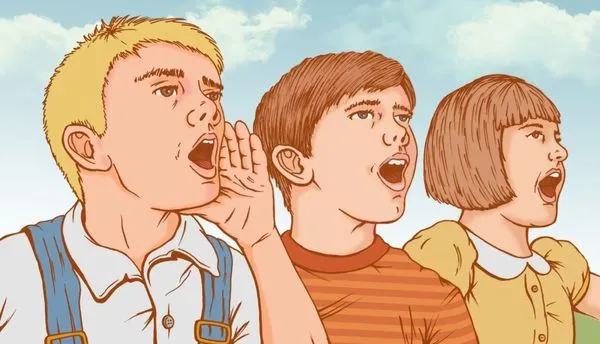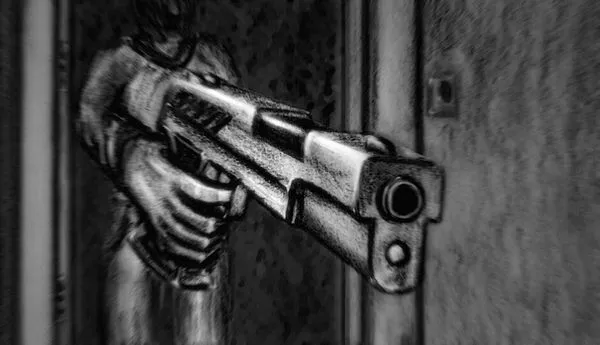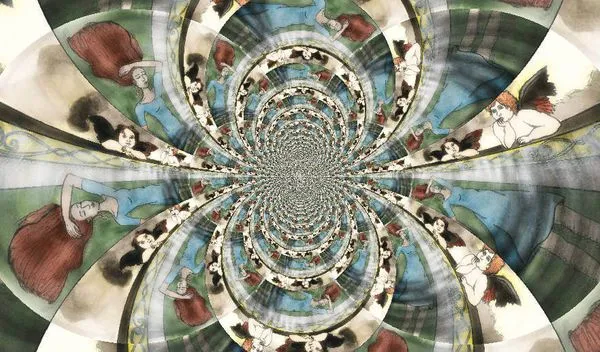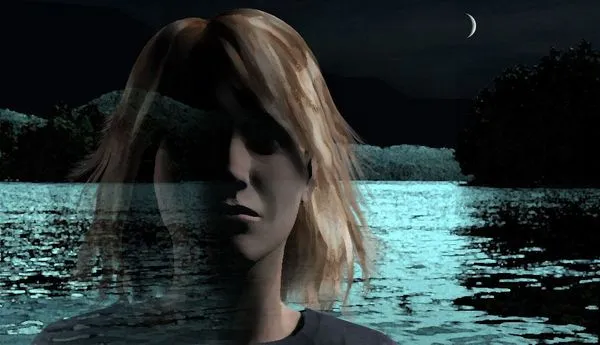That Good Night
Published on 2014-10-23
The restaurant the entertainments committee had chosen for the Department’s annual hello/goodbye dinner was an odd place, or so Finnegan thought. A tall, narrow cube five storeys high, it was painted black inside and out and, once he had found the place, seemed to Finnegan to consist entirely of a staircase off of which, at each level, a few small tables and their accompanying chairs had been placed. The staircase was badly lit so that Finnegan, whose eyes did not adjust well to subdued lighting these days, missed his footing twice on the way up.
He had come from one of the part-time teaching jobs he did to supplement his earnings from his full-time post. After the coming autumn, what he got for the part-time work, together with his meager pension, would be all he had to live on, for Finnegan, this year, numbered himself among those whose time it was to say goodbye.
He was directed to the very top of the stairs and told by the Young Twerp assigned to stand there — for Finnegan all new members of the Department were twerps until they proved themselves otherwise, which, for Finnegan, they seldom did — to leave his bag and his coat with the others piled up outside the door of what seemed to be the lavatory.
“Is that the loo?” he said.
He was told that it was indeed “the loo”. The Young Twerp (female) smirked as she answered his question.
“Would you mind telling me how people are meant to use it during the evening?”
More smirking and words to the effect that people should do so in the usual manner.
“You mean once they get inside,” Finnegan said.
“Get inside?” The question was genuine.
“Get inside,” Finnegan repeated the words, although not as a question. He made to open the door and could not. The pile of bags, and the coats thrown on top of them, prevented him.
“I went on the way here,” he said. “You?”
Down on a lower level Finnegan found himself in company with people he had not had a proper conversation with in years. People he did not like. People, he knew, who did not like him. There was a fellow called Carrington, English as if it were his calling in life. Tall, taller than Finnegan he was and bread-stick thin.
“I’m surprised you came,” Carrington said.
Finnegan remembered the time Carrington had cornered him in the crowded staff-room to boast of dining with a visiting Irish President. “I was sure you would be there. Surely you must have known her in the ’70s?”
“Must have known her in the seventies? George, I was bedding her in the 70s.”
“Well!” Carrington said and went off in a huff.
It was a lie on Finnegan’s part, of course; a lie for which he apologized later in the day in Carrington’s pristine office, a naughty boy owning up in front of the headmaster.
“So why have you habitually absented yourself from these occasions?” Carrington said.
“To tell you the truth, I find them difficult.”
“You mean the sort of people one has to consort with.”
“I mean — I find mixing difficult. I find conversation with those I don’t know that well difficult. The times I’ve come, I’ve always ended up in a corner by myself.”
“Shyness? You? Really?”
“Yes, shyness, me, really.”
“Well!”
Finnegan was in a corner by himself when he heard his name being called. He was to go down to the second level for the presentations that were always made to those who were leaving.
“Jesus!” he said under his breath, almost missing his footing on the stairs again. “The bloody speeches.”
He was the longest serving member in the Department’s history and so would make his speech and receive his parting gift last. He waited with a posse of new arrivals, one of whom kept calling him Michael, despite Finnegan’s corrections.
The two other retirees gave long recitals of their academic triumphs. When, finally, it was Finnegan’s turn to speak he had quite forgotten what he had meant to say.
“Can you go up the stairs a bit, Brian?” the Chaucerian in charge of the evening said.
Finnegan did as he was told, turned on the narrow tread and promptly stumbled back down two more of them, jarring his spine in his inelegant descent. A hand came out of the darkness to give him a microphone.
“I suppose I could have —” Finnegan stopped, lost for the moment. “I suppose I should have danced down these steps the way Fred Astaire does in Easter Parade.”
“Do it! Do it,” a voice called out.
“Too old, son,” Finnegan answered. “But I will borrow something — a few words — from another star of former times. Errol Flynn —”
Finnegan heard the buzz of bemusement from the assembled Young Twerps. Errol Flynn?
“Errol Flynn turned up on the set of some film he was making three sheets to the wind. Not unusual this. Well, somehow he was got on a horse and told to ride to somewhere or someone and deliver his line.
“He couldn’t do it.”
Finnegan felt attention drifting from him; watched a young woman in the barely lit front row glance at her watch.
“Errol couldn’t do it. He swayed in the saddle and he said these immortal words, not the ones he was supposed to say, of course, just ‘Thank you, and goodnight.’ Then he fell off the horse.
“Which, having nearly fallen down these stairs, though myself with no drink taken, are all I have to say myself. So, thank you and good night.”
There was a silence, as if no one could believe he really was finished. But he was. He accepted his flowers. He found his bag and his coat. He descended the treacherous stairs again, dropped the bouquet behind the open door to the street hoping no one but a cleaner would find it, and walked off into the past.

